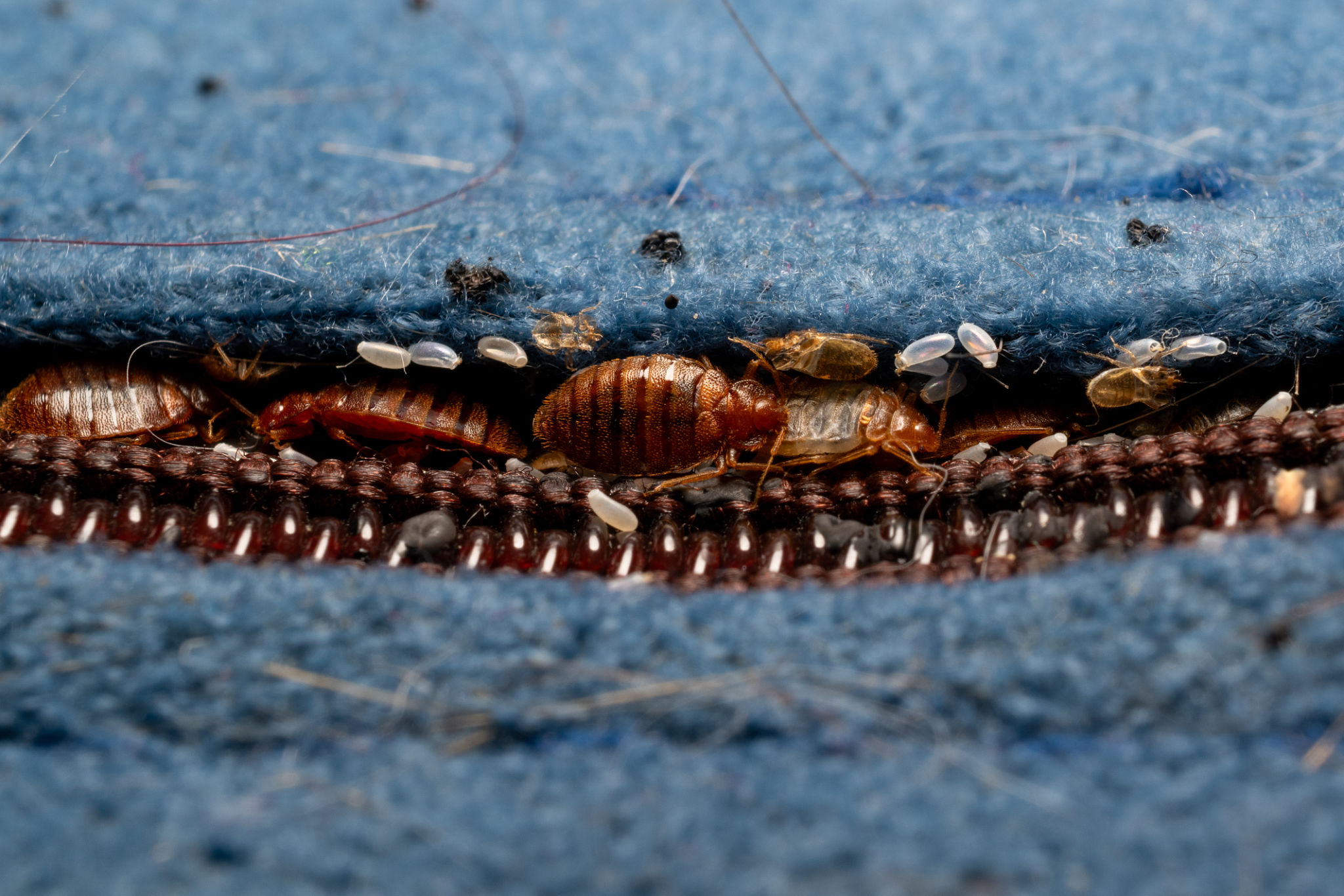Debunking Common Myths About Bed Bugs
Introduction to Bed Bug Myths
Bed bugs have been a nuisance for centuries, yet many misconceptions about them persist. These myths can lead to ineffective treatments and unnecessary panic. In this post, we'll debunk some of the most common myths surrounding bed bugs to help you better understand and tackle these pesky invaders.
Myth 1: Bed Bugs Only Live in Dirty Environments
One prevalent myth is that bed bugs only infest unclean homes or hotels. The truth is, bed bugs are not attracted to dirt. They seek out warmth, blood, and carbon dioxide, which means they can thrive in any environment regardless of cleanliness. Even the most pristine homes can fall victim to a bed bug infestation.

Myth 2: Bed Bugs Transmit Diseases
Unlike mosquitoes or ticks, bed bugs do not transmit diseases. While their bites can cause itching and discomfort, there is no scientific evidence linking them to disease transmission. However, scratching bites can lead to secondary infections, so it's important to treat bites properly.
Myth 3: You Can’t See Bed Bugs
Many believe that bed bugs are invisible to the naked eye. In reality, adult bed bugs are about the size of an apple seed and can be seen without magnification. They are usually reddish-brown and have flat, oval-shaped bodies. Their eggs and nymphs are smaller and harder to spot but not impossible to see.

Myth 4: Bed Bugs Only Bite at Night
While bed bugs are nocturnal, they will feed during the day if they are hungry and a host is available. Their primary activity period is at night, but they are not strictly nocturnal creatures. If you notice bites during the day, it could still be a sign of a bed bug problem.
Myth 5: Bed Bugs Can Jump or Fly
Unlike fleas or flies, bed bugs cannot jump or fly. They rely on crawling to move from one location to another. Their slow movement often means they hitchhike on luggage, clothing, or furniture to spread from place to place.

Myth 6: DIY Treatments Are Completely Effective
Many people believe that do-it-yourself treatments can eradicate bed bugs entirely. While some methods may help reduce the number of bed bugs temporarily, professional pest control services are often necessary for complete eradication. Pest control experts have access to more effective tools and techniques for eliminating these pests.
Conclusion: Understanding Bed Bugs Better
By debunking these myths, we hope to provide a clearer understanding of bed bugs and how they operate. Knowing the truth about these pests can lead to more effective prevention and treatment strategies. Remember, if you suspect a bed bug infestation, it's best to consult with professionals who can offer expert advice and solutions.